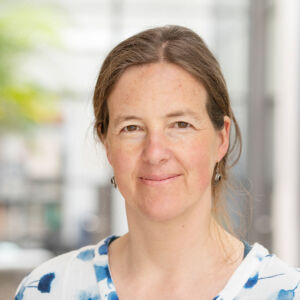
Transdisciplinary co-production of knowledge and sustainability transformations: Three generic mechanisms of impact generation
Publikations-Infos
Transdisciplinary co-production of knowledge is widely credited with producing knowledge that can contribute to sustainability transformations, but there is little empirical evidence showing to what extent and through what mechanisms it is actually advancing sustainability. This article analyses how 31 transdisciplinary projects conceptualised the link between transdisciplinary co-production of knowledge and sustainability transformations, and as part of an institutional learning process explores what experiences projects garnered while implementing their theories of change. The research identified three generic conceptualisations of impact generation mechanisms: a) promoting systems, target, and transformation knowledge for more informed and equitable decision-making, b) fostering social learning for collective action, and c) enhancing competences for reflective leadership. It also identified seven different strategies through which the studied projects implemented these three generic mechanisms to induce sustainability transformations. Exploring potentials and limitations of the different mechanisms, the article concludes that the question is not which mechanisms or strategies are better than others, but in what situation and combination they might be most promising.
Autor*innen
Flurina Schneider, Markus Giger, Nicole Harari, Stephanie Moser, Christoph Oberlack, Isabelle Providoli, Leonie Schmid, Theresa Tribaldos, Anne Zimmermann
Publikationstyp
Zeitschriftenaufsatz
Erschienen in
Verfügbarkeit
DOI: doi.org/10.1016/j.envsci.2019.08.017
ISBN/ISSN: 1462-9011
Zitieren
Weitere Informationen
- Zuletzt abgerufen
- 2019/12/01
